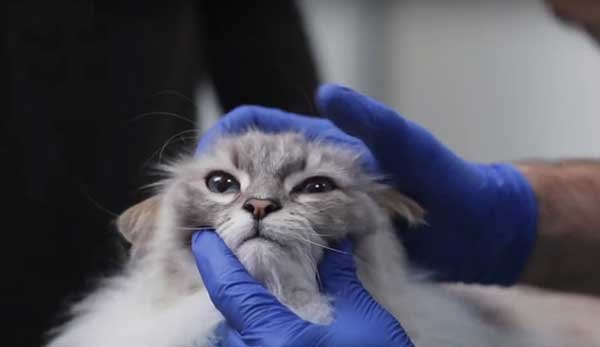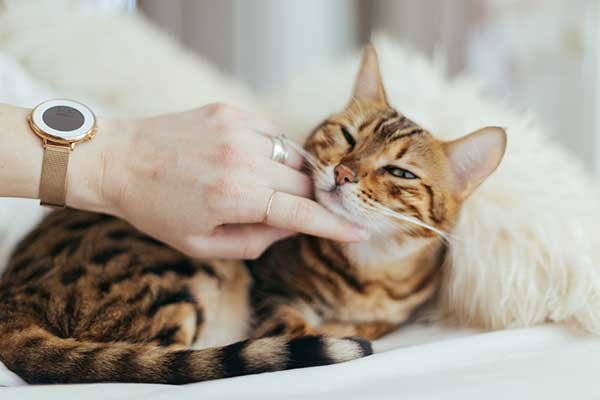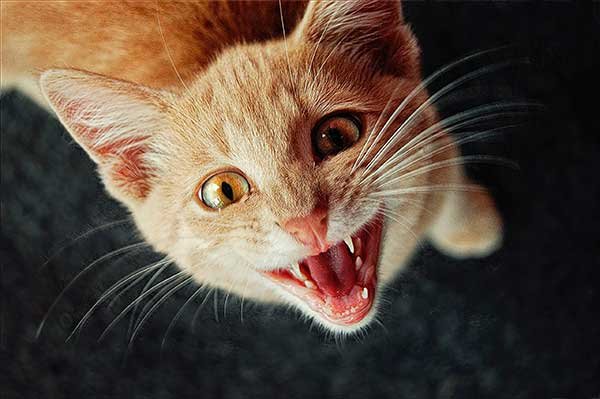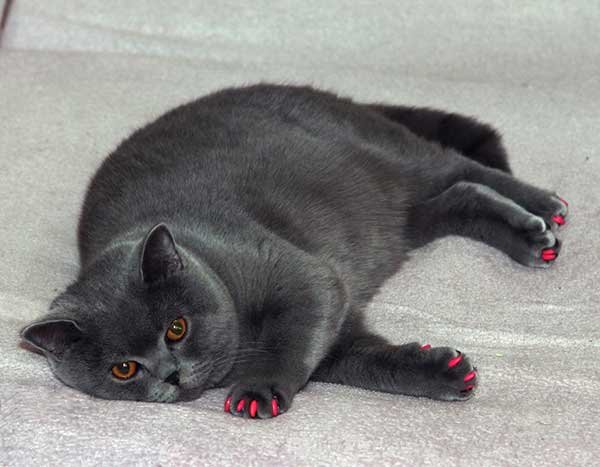6 Common Questions Cat Owners Ask. Since your cat can’t speak, you’ve got to do the talking for them. Bringing pets to a rowdy and crowded vet’s office can be a frustrating experience for some people. Often it isn’t even the vet’s fault, cat owners just don’t know the right questions to ask.
Dr. Leni Kaplan, a clinician, and lecturer with Cornell’s Small Animal Community Practice said: “The more questions we can answer, the more successful owners and veterinarians will be in delivering the best care possible.”
6 Most Common Questions cat Owners Ask Their Veterinarian
Here are the six most common questions cat owners ask at the vet:
1- Why is my cat throwing up?

Many ask why their cat is throwing up or has diarrhea. Vomiting is common in cats. But how do you know what’s normal?
Dr. William Folger, a DVM from Houston: “A general guideline is that if the cat is vomiting one to three times a month, we consider this normal”. He considers it serious if the vomiting occurs twice daily for two or three days.
The most important thing to do when your cat vomits is to identify the cause as some are serious and require veterinary treatment.
When vomiting is caused by a poor diet, we should simply review all the food we give them and adjust according to their nutritional needs.
In case of an intolerance or food allergy, we will have to identify the food which produces the reaction and remove it from their diet.
When the problem is due to poisoning, a disorder or disease it will be necessary to visit a specialist as soon as possible.
2- Does my cat have a food allergy given all of the scratching?

Is your cat scratching more frequently than before? Many medical conditions can cause this problem.
Plenty blamed food allergies if they notice their cat chewing on their feet or scratching their face.
Unfortunately, quite many cats are suffering from different kinds of allergies mostly food-related ones.
Only 10% of all cat allergic reactions are caused by food, 90% are itchy because of some kind of inhaled allergen, like us.
Because there is no accurate and fast diagnostic test, cat food allergies are much more difficult for a veterinarian to diagnose and treat.
3- Questions cat Owners Ask: Does my cat need blood work?

When you bring in your cat for vaccinations surgery or other medical issues, your veterinarian will recommend or even require blood work.
Your veterinarian will explain what blood work can help reveal. Blood work uncovers a number of important clues about your cat’s health.
Your veterinarian can look for anemia, infection, kidney and liver problems, protein levels, blood sugar levels in any condition that might need attention.
Regular blood tests will also give your veterinarian a baseline to compare against over time.
4- Is my cat sick or just getting old?

Folks ask if the new bathroom habits, changes in activity levels, and signs of pain are because the cat is sick or just getting old.
One thing to watch for is whether your cats grooming habits change. If your cat is normally fastidious and suddenly is starting to look a little rough around the hair coat, that’s a sign their cat might be under the weather.
If your cat suddenly stops eating or decreases their water intake, those are signs that something might not be feeling comfortable for that cat.
Some cats when they feel sick may urinate or defecate outside the box. So if you find urine or feces anywhere outside the box that isn’t typical for your cat that’s another sign that you should be thinking about whether your cat is healthy or not.
If your cat stops playing the normal way that he or she would play or if the amount of clay decreases or if she’s spending most of her time hiding, those are also some hallmark signs that your cat might be under the weather.
it’s really important to keep these things in mind and to watch carefully for them because cats often don’t show these signs until they’re really feeling pretty sick.
5- Why does my cat’s breath stink?

The reason your cat’s breath stinks is because dental disease is extremely common.
By three years old, 70 % of cats and 80 % of dogs have some form of dental disease, according to the Animal Medical Center of Wyoming.
If left untreated, this can lead to other more serious health complications.
Dr. Ashley Gallagher, a veterinarian at Friendship Hospital for Animals, said: “Rather than wait for a problem to develop, it is best to perform teeth cleaning when only mild gingivitis and/or tartar are present. This will maintain good dental health and prevent disease before it becomes a problem … which in turn helps you save money and keep your pet healthy!”.
6- Questions cat Owners Ask: Is my cat too fat?

Others ask if their pet is too fat according to everyday health. The best way to spot this is to stand above them. Pet MD says both dogs and cats should have a nice taper at the waist.
More than 50% of the cats and dogs in the United State are overweight, according to a recent survey by the Association for Pet Obesity and Prevention.
Dr. Karen Fine, a veterinarian with Central Animal Hospital in Leominster, Massachusetts, said: “It can be difficult to assess a pet’s weight if they are fluffy. And even harder to notice changes in weight when we see our pets every day”, and added that weight gain can put pets at risk for diabetes and heart disease.
So ask your vet about the best way to get things back on track.






